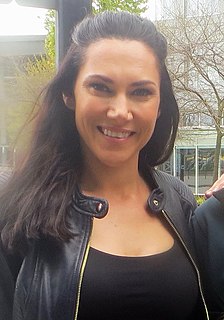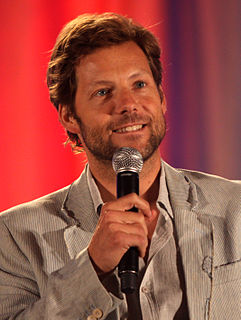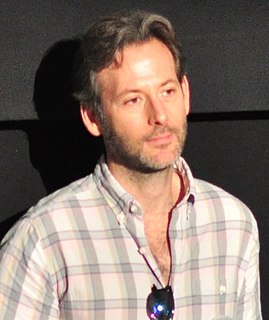A Quote by Ryan Gosling
I tried to find something real in essentially something thats science fiction or something-for me, anyways-not having an experience like this.
Quote Topics
Related Quotes
This fact was something I also learned from this first novel that I needed personal experience to invent, to fantasize, to create fiction, but at the same time I needed some distance, some perspective on this experience in order to feel free enough to manipulate it and to transform it into fiction. If the experience is very close, I feel inhibited. I have never been able to write fiction about something that has happened to me recently. If the closeness of the real reality, of living reality, is to have a persuasive effect on my imagination, I need a distance, a distance in time and in space.
Since the show [Helix] is based in real science, there are real-life epidemic scares out there, throughout history, where there are these huge viruses that have wiped out huge populations. So, we're dealing with something that the CDC hasn't seen before, but it comes from a virus. That's something that's based in reality, and then you put the science fiction on that and it's a really interesting combination.
One of the dangers of science fiction, particularly bad science fiction, is that you have these scenes where the characters turn to a blackboard and start explaining how this faster-than-light drive works, or something like that. We never really have those conversations in real life. That's not part of the way we interact as human beings.
Much blood has also been spilled on the carpet in attempts to distinguish between science fiction and fantasy. I have suggested an operational definition: science fiction is something that COULD happen - but usually you wouldn't want it to. Fantasy is something that COULDN'T happen - though often you only wish that it could.


































